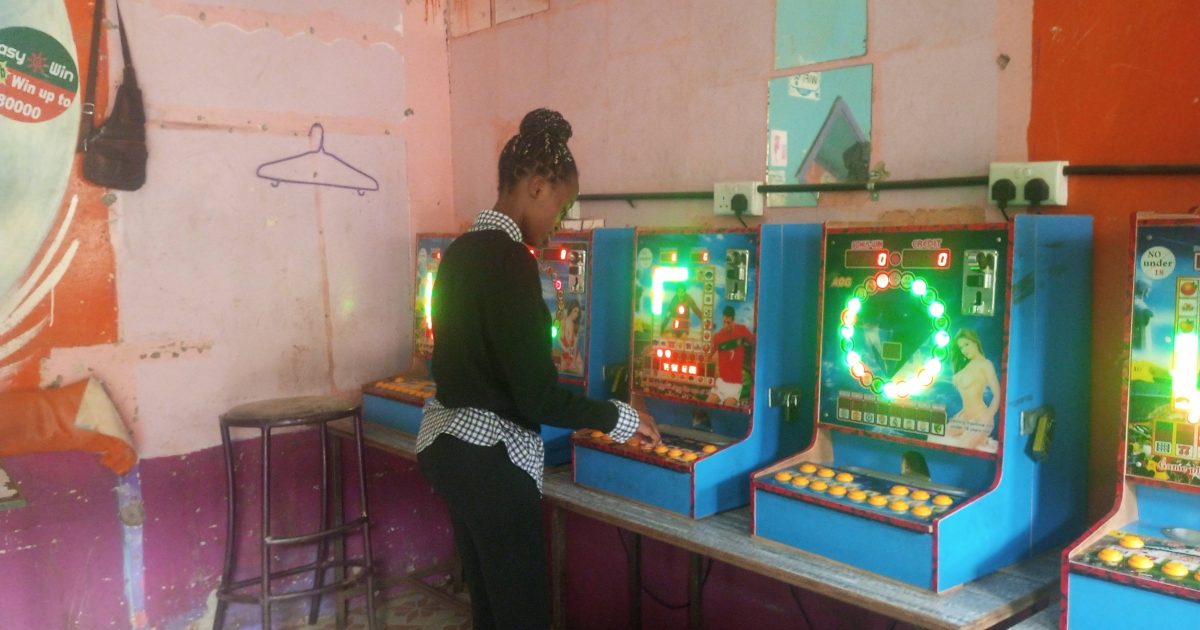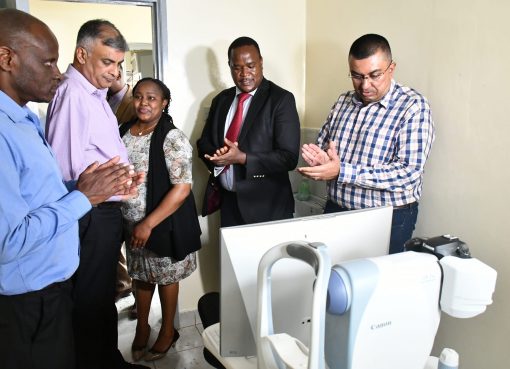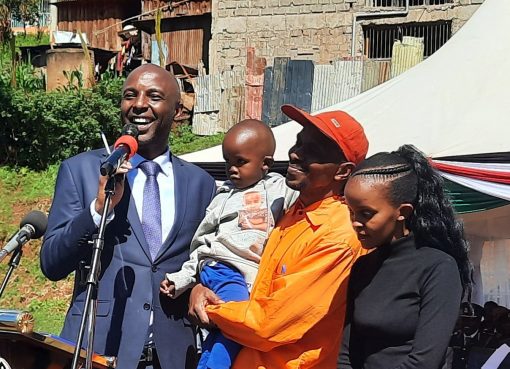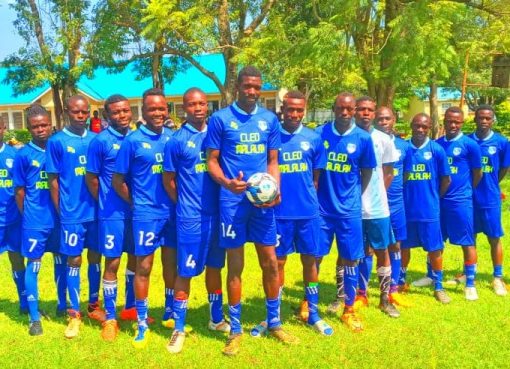Betting is growing in leaps and bounds in Kenya, embedding itself deeply into the drill of everyday life of thousands of its fans.
A recent study from GeoPoll,(a mobile surveying platform) paints a shocking picture where 83.9 percent of Kenyans have at least tried betting and 3 out 4 people are doing so on a regular basis.
This statistic is not just a number but a reflection of a growing cultural shift, underscoring how betting has become more than a mere pastime and to a widespread social crisis that threatens to ruin an entire generation.
A report by the National Assembly on Sports and Culture tabled before the National Assembly in November last year put the amount of money gobbled through gambling at Sh 820.07 billion between 2018 and 2022.
Kenya is currently ranked third in Africa in terms of the number of people falling prey to betting coming behind Nigeria and South Africa respectively.
Between July 2022 and June 2023 at least Sh88.5 billion was sunk into online gaming with betting companies paying Sh6.64 billion as excise duty to the taxman.
On average Sh2,806 is spent on online betting every passing second in the country with one out of 10 adults transforming gaming into a full income generating activity.
Back home in Nyeri, a spot check by KNA has revealed that a large chunk of young people have taken up betting hoping against hope that sooner than later they will strike it real big.
As we were having a walk around town, we approached a group of bodaboda riders and decided to get their views on this craze which has mesmerized thousands like a magic spell.
But what we did discover was that most of these riders were already hooked into gambling.
One of the bodaboda riders who requested for anonymity narrated to us how he started betting in 2005 while he was still 19 years of age and has never looked back since then.
“I started betting while I was still young and I don’t see myself coming out of this anytime soon. Last year I won around 60,000. In a month I would place bets three times a week with a stake of not more than Sh100. From my wins, I would be in a position to take care of my family,” he told KNA.
He went on to defend his decision to keep placing bets by terming gambling as an innocent activity that can pay big.
He nevertheless cautions peers from turning into a full-time occupation saying gabbling is not a source of income.
“I would advise people to work and take betting as an entertainment but not as a source of income. You shouldn’t just sit and hope to earn from stakes. Make sure as you bet you have something that you are doing to earn some money.” He advises.
Joy Wanderi, a businesswoman, shared a deeply personal story about her husband’s struggle with betting and his journey to recovery.
She recounted how his involvement in gambling took the better part of him to the extent of absconding his family responsibilities.
“I’m truly grateful that with the support of our local church minister, my husband was able to turn his life around,” Wanderi said.
“For a long time, his only focus was betting. His work became secondary, and unfortunately, he would often lose more than he won. This pattern of loss led to a spiral of depression, to the point where he was unable to contribute anything to our household.” she said.
Wanderi has warned the youth against taking up the practice owing to its bewitching addiction.
“I strongly advise young people to steer clear of gambling. It’s a destructive habit that can quickly become all-consuming. From my own experience, I’ve seen first-hand how gambling can lead to severe personal and financial problems, and I wouldn’t want anyone else to go through what my family had to endure. It’s therefore important to recognize the risks and avoid getting entangled in the practice in the first place.” she warns.
Dr Fabio Ogachi,a lecturer of Psychology at Kenyatta University says people hooked into gaming need help and not condemnation.
The don says majority of people who take to gambling do not do it out of fun but due to other underlying challenges such as financial problems.
He said that he got several cases where he helped some of the gambling addicts but the major problem he encountered was convincing such persons to change their attitude towards vice.
“The biggest challenge is the change of attitude for someone to shift since such victims usually find themselves boxed into some financial crisis. With money being an essential part of our day to day living, many believe that the only alternative is to make quick money through gambling,” said Dr Fabio.
Some of the adverse challenges that dog many gamblers include depression, insomnia and other stress related health disorders.
“If left unchecked, such challenges can push one into criminal activities but with the help of a professional counselling anyone can be helped to overcome this gambling addiction.” states Dr Fabio who revealed he has helped a number of gamblers make a complete turnaround from the grip of gaming.
Dr. Erastus Njoroge, ArchBishop Foursquare Gospel Church in Nyeri says the only panacea to the gambling mania sweeping across the country is to have stringent rules to regulate betting companies.
The cleric has equated online gaming to a malignant cancerous tumour that threatens to consume up every fabric of our society including our school going children.
Dr Njoroge also challenges religious organizations to take a central role in sensitising their followers about the dangers of this practice caution that any complacency on the side of the churches will only worsen the situation.
“Many youths have drowned into the slavery of betting and the government should address the issue before it’s too late. I also urge family members to support those addicted by opening up to religious leaders in order to get spiritual guidance.” he says.
Mwaniki Kung’u, acting Central Regional Director of Children’s Services, says his office has noted an increase in betting cases among school-going children.
He however says they are working with relevant stakeholders to address the challenge before it gets out of hand.
Mr Mwaniki said that they have various interventions for affected children, including referring them to agencies such as the Kenya Counsellors Association, Community Service Organizations (CSOs), and other supportive organizations that can assist these children.
“There are very many betting dens in Nyeri, some disguised as casino’s majority of which are not even registered or known by authorities. When the police go for raids, they find children there who they refer to us. Most of such children are often addicted to gambling and therefore need therapy for them to continue with their normal classes,” he says.
“Guardians should also be aware of their children’s whereabouts and activities at all times. If they discover their children are betting, it is their responsibility to admonish them, explain that it is wrong, put an end to it, and ensure that the behaviour stops,” he concludes.
By Samuel Maina and Kipkorir Ian





